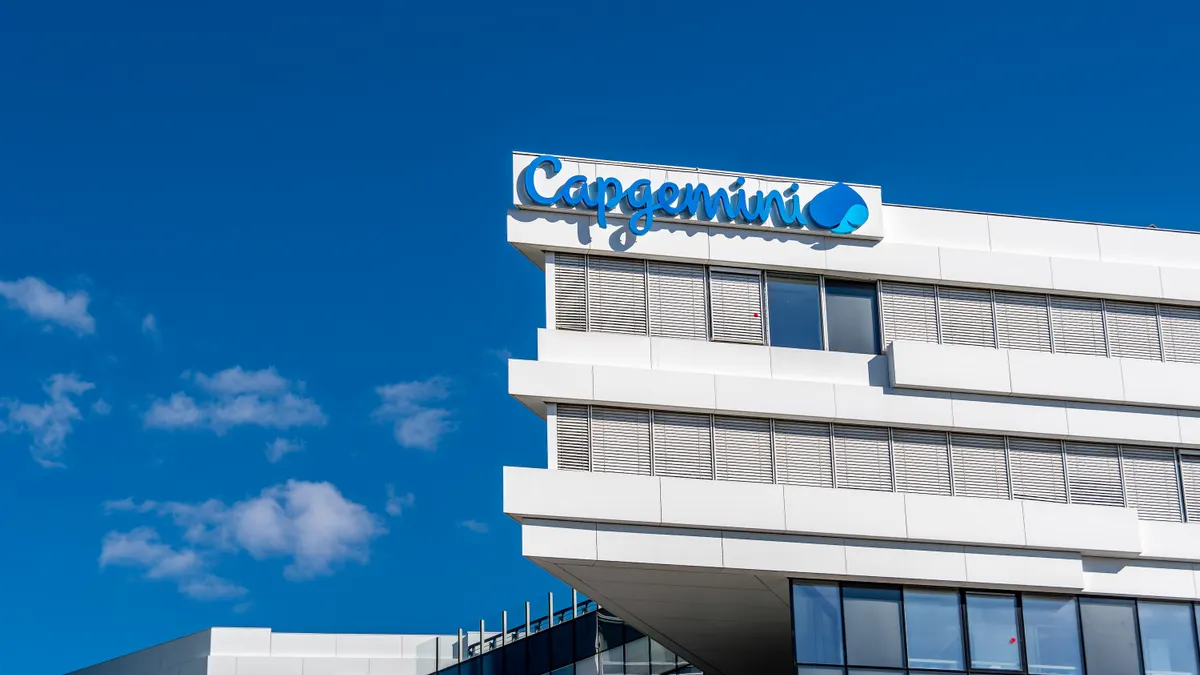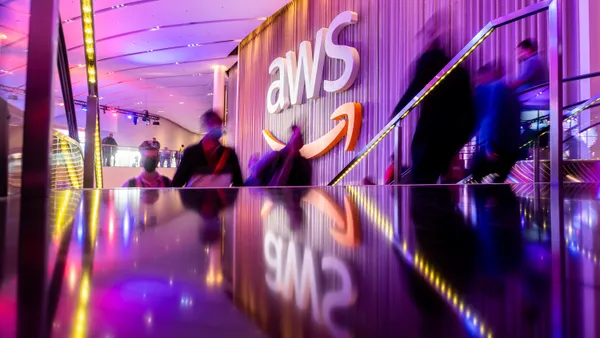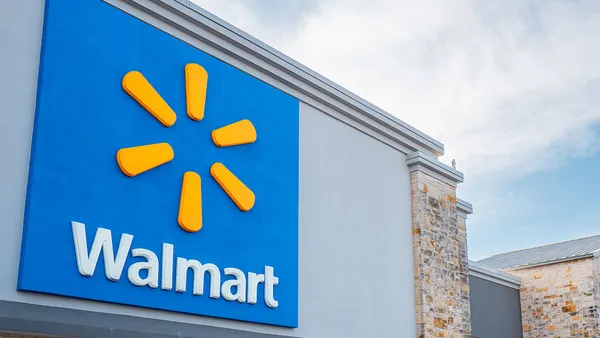Generative AI is helping enterprises breathe new life into legacy infrastructure, as vendors deploy coding assistants and automation tools that target mainframe estates.
Capgemini rolled out a code conversion toolkit designed to refactor COBOL applications and update aging databases, the IT consulting and services firm said in a Wednesday announcement. Rocket Software, which marked 35 years of enterprise IT support this year, unveiled a suite of modernization services, including mainframe anomaly detection automation and a plain-language coding assistant, on Tuesday.
Large language model technologies have boosted application refactoring capabilities to the point where many companies are opting to re-engineer mainframe applications rather than migrating them to the cloud, according to ISG market research published in March.
“Service providers are using GenAI to open up new possibilities for clients,” John Schick, ISG consulting lead on mainframe computing, said in the report. “The functions that mainframes have always performed are still essential to many enterprises, and GenAI provides new ways to maximize their value.”
The mainframe ecosystem got an AI boost last month when IBM delivered the latest workhorse in its Z Systems lineage, the z17 mainframe. The newest member of IBM’s mainframe family comes equipped with Telum II high-capacity AI processors and will reach general availability in June. IBM’s previous Z Systems unit, the z16, had a historically successful run in terms of consistent revenue generation, IBM SVP and CFO James Kavanaugh said during a January earnings call.
Coding tools built on LLM capabilities have already unlocked value across the financial sector and are poised to deliver more, Michael Abbott, Accenture senior managing director and global banking lead, told CIO Dive in January. Goldman Sachs, Bank of America and Citigroup tied tangible efficiency gains to coding tools powered by generative AI models.
Generative AI-assisted coding is spreading across industries, according to a recent Publicis Sapient report. Executives are confident in the technology’s modernization capacity, the digital consulting firm found in a recent survey of 600 IT and business leaders. Four in 5 respondents are eyeing coding assistants to help manage legacy estates, refactor aging applications and automate software testing processes.
“One of the attributes of AI that we like is explainability — the fact that mainframe operations can now be explained in simple English to non-mainframers,” Rocket Software CEO Milan Shetti, told CIO Dive.
The software provider is also bullish on generative AI’s potential as a training tool for future mainframe talent. Rocket is ramping up efforts to address enterprise mainframe skills gaps and prepare engineers for z17 deployments, the company said.
“One of the most pressing challenges facing enterprise IT teams today is the ability to address the IT skills gap while modernizing core systems and scaling operations,” said IDC Group VP Stephen Elliot in the Rocket announcement. “AI is a powerful tool that allows IT to effectively align itself to the business by delivering greater insights and efficiency.”
Capgemini’s efforts center around easing the shift from mainframe to hybrid cloud infrastructure, the company said Wednesday. “Many organizations have already explored various mainframe migration approaches like rehosting, but none of these lead to a mainframe exit option,” Franck Greverie, Capgemini chief portfolio and technology officer, said in the announcement.
As generative AI models matures, the technology can create multiple modernization pathways, Lisa Dyer, SVP at IT services firm Ensono, said in an interview with CIO Dive.
“Clients running mission critical apps on mainframe are not necessarily known historically to be very experimental,” Dyer said. “Generative AI opens up ways to try out various options safely.”















